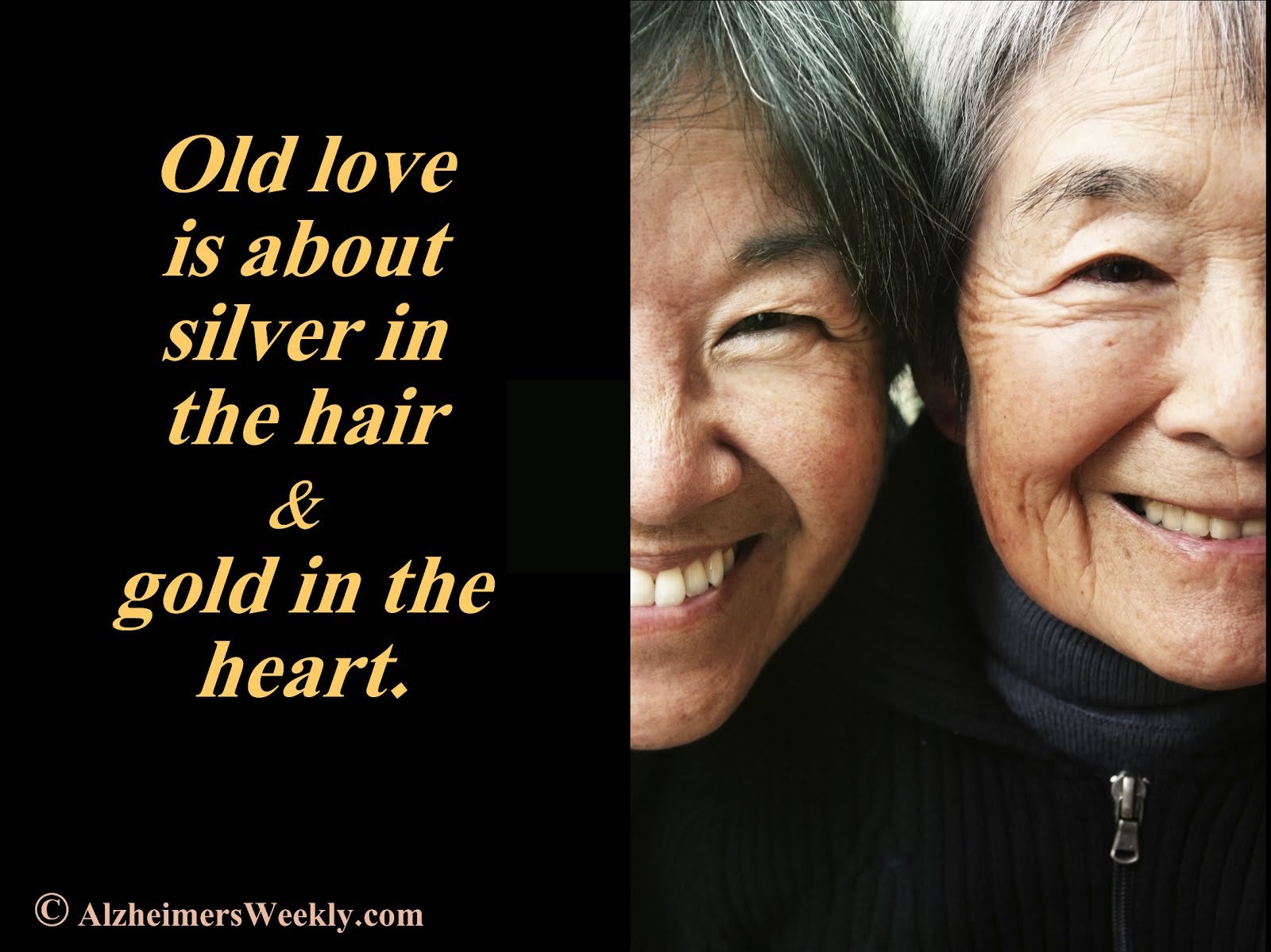
Thought of the Week: Gold in the Heart
Old love is about
Silver in the hair and
Gold in the heart.

Old love is about
Silver in the hair and
Gold in the heart.
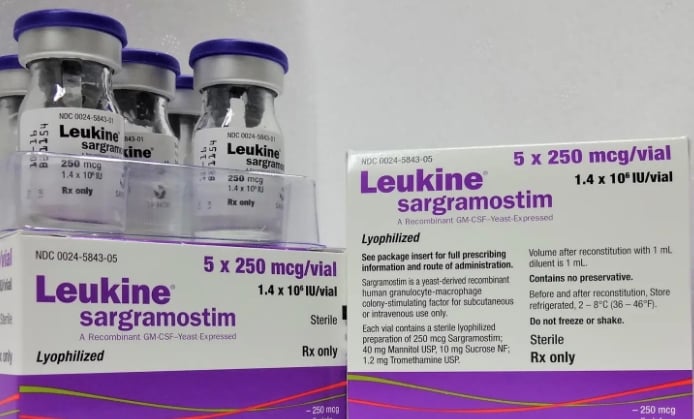
FDA-approved Sargramostim, a normal human protein, improved memory and cognition in Alzheimer’s patients in a Phase II clinical trial. The drug is safe and well-tolerated, and has been used for other disorders for 30 years.
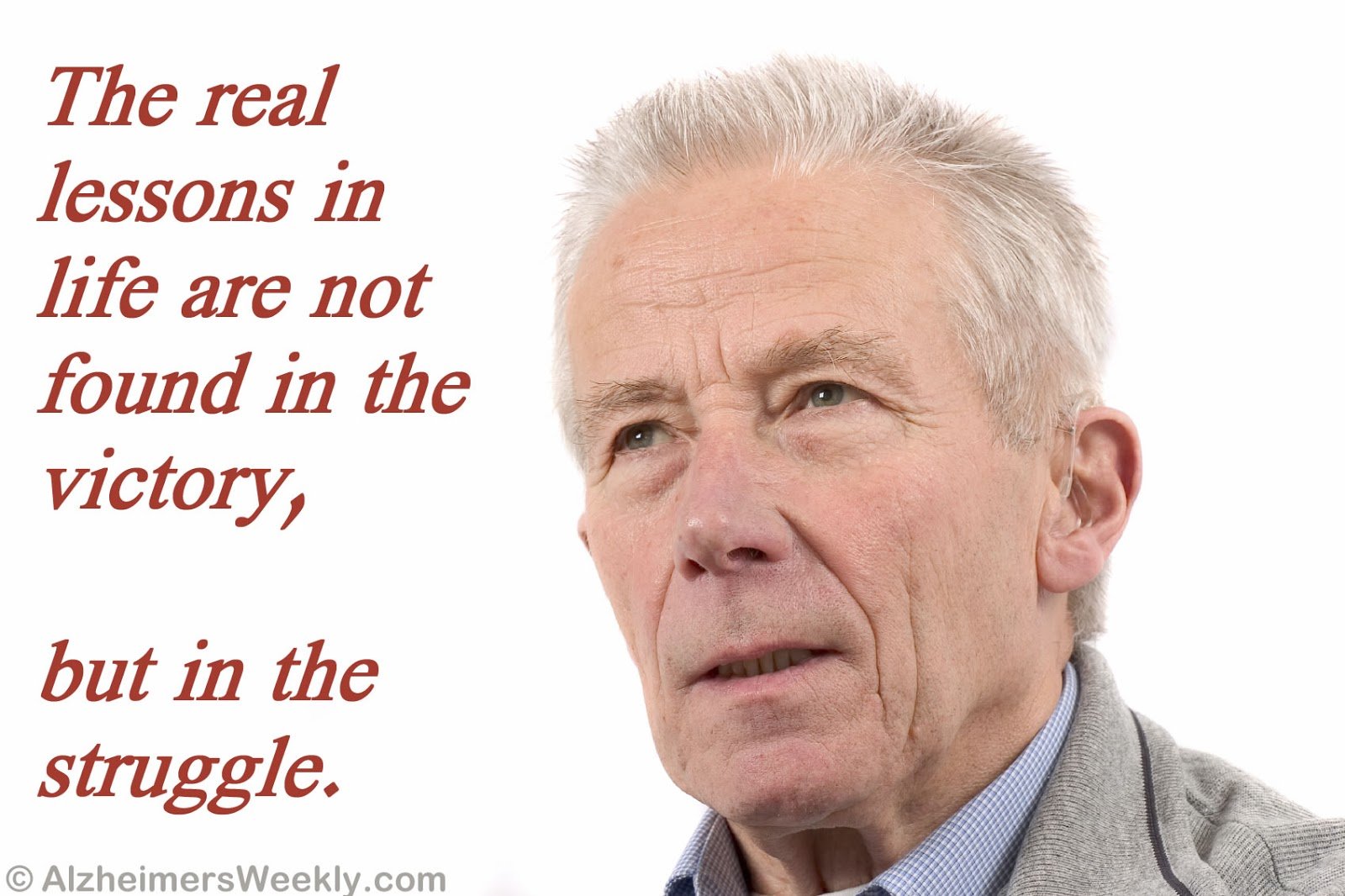
The real lessons in lifeAre not found in the victory,But in the struggle. (CafePress)

This carpool sing-a-long between a father with dementia and his son went viral. $50,000 in donations poured into the Alzheimer’s Society. Enjoy their great music. Sing along if you can!

A diet that combines unsaturated fats with nitrite-rich vegetables, such as olive oil and lettuce, can protect you from hypertension and vascular dementia.
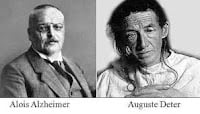
In 1906, Dr. Alois Alzheimer first identified Alzheimer’s disease. A 51-year-old woman, Auguste Deter, exhibited behavioral symptoms and memory loss.
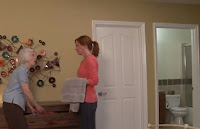
Refusal to bathe is common in people with dementia. Here are a dozen simple techniques to make bathing easier.
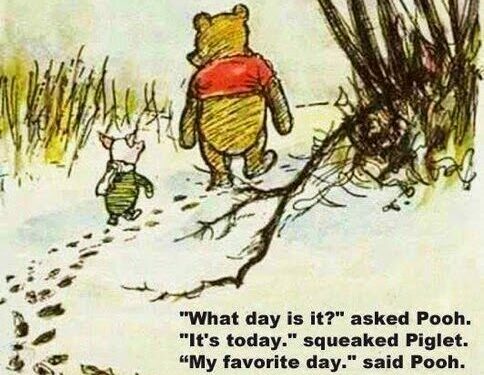
“What day is it?” asked Pooh. “It’s today.” squeaked Piglet. “My favorite day.” said Pooh.
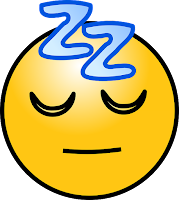
At Washington University, extra sleep reinforced connections between brain cells that encode memories. Past studies linked extra sleep to boosting memory. This study links extra sleep to the repair of damaged memory systems.

What are the early symptoms of Alzheimer’s? When to get a professional evaluation.

WATCH FIREFIGHTERS learn how it feels to have dementia and rescue people with Alzheimer’s in an emergency crisis.

DIET VIDEO:
Why the big rise in Alzheimer’s? That is one of today’s great medical mysteries.
See a provocative theory about copper & Alzheimer’s in The Journal of the American College of Nutrition.
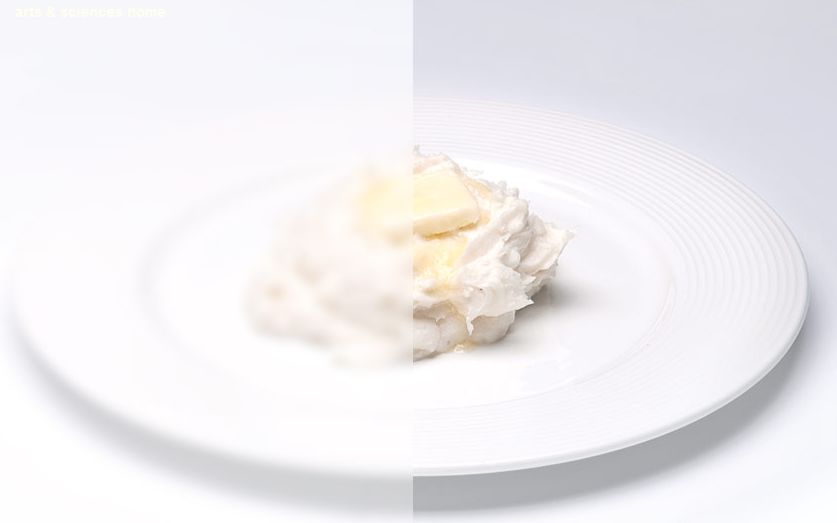
If you couldn’t see your mashed potatoes, you probably wouldn’t eat them. That’s why what “The Red Plate Study” found was astonishing! Alzheimer’s patients eating from red plates consumed 25 percent more food than those eating from white plates. Find out why.

SHORT-TERM MEMORY lapses are obvious signs of Alzheimer’s, but other tell-tale signals begin to show much earlier. Learn how to look for semantic impairments, such as simple questions about size.

Three important dementia studies focus on HS-AGING, a type of dementia almost as common as Alzheimer’s in the 85+ group. Yet few people have heard of it. Why? What makes it different?

An intriguing study of 120 grandmothers might surprise you. Doctors know socially engaged people have better cognition and less dementia. But can a person get too much of a good thing? What’s the right balance?

Enjoy this great duet between a musician with dementia and his son. A triumph of spirit over Alzheimer’s! Sing-a-long if you like!
No spam, only news and updates.


